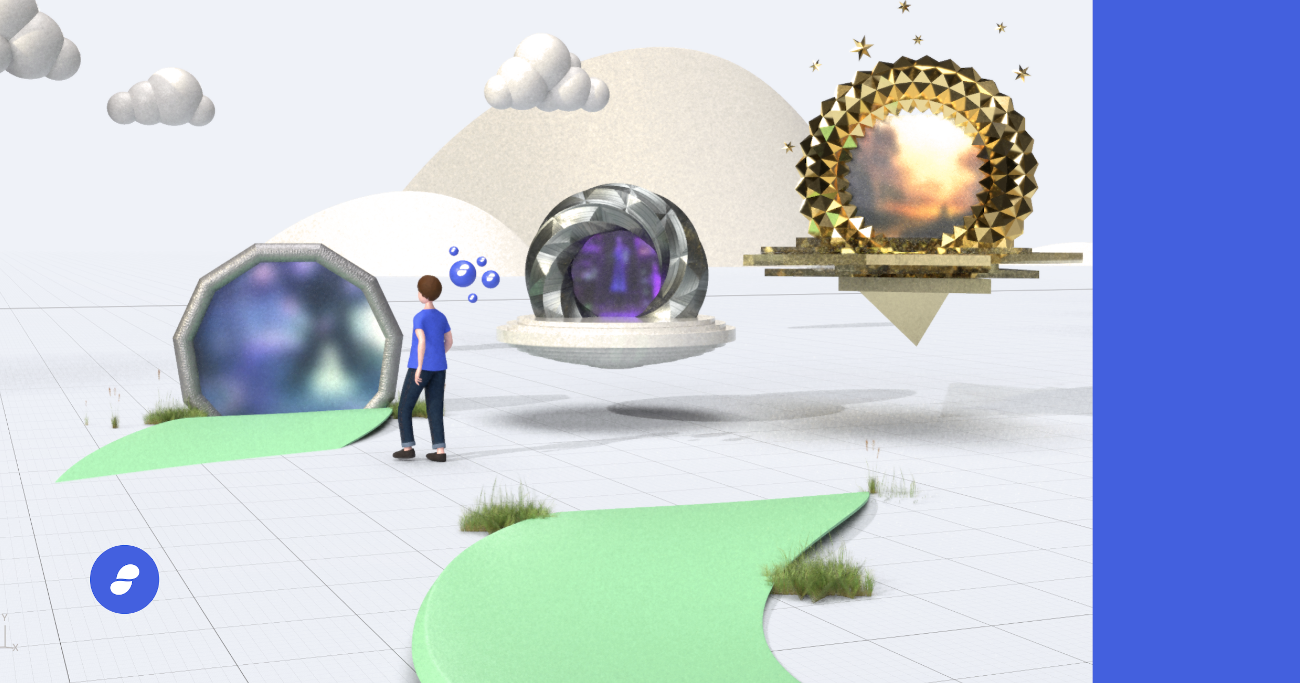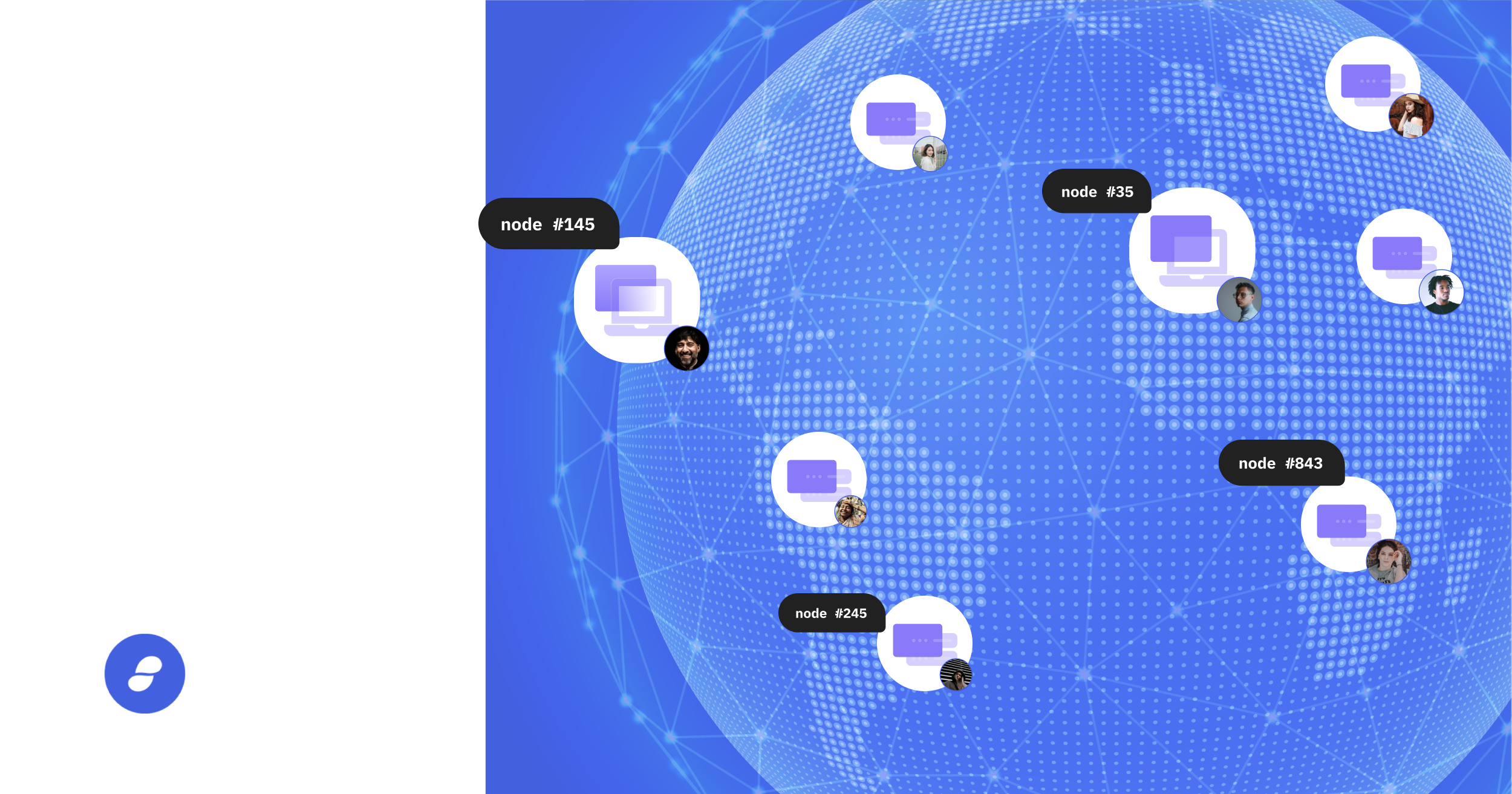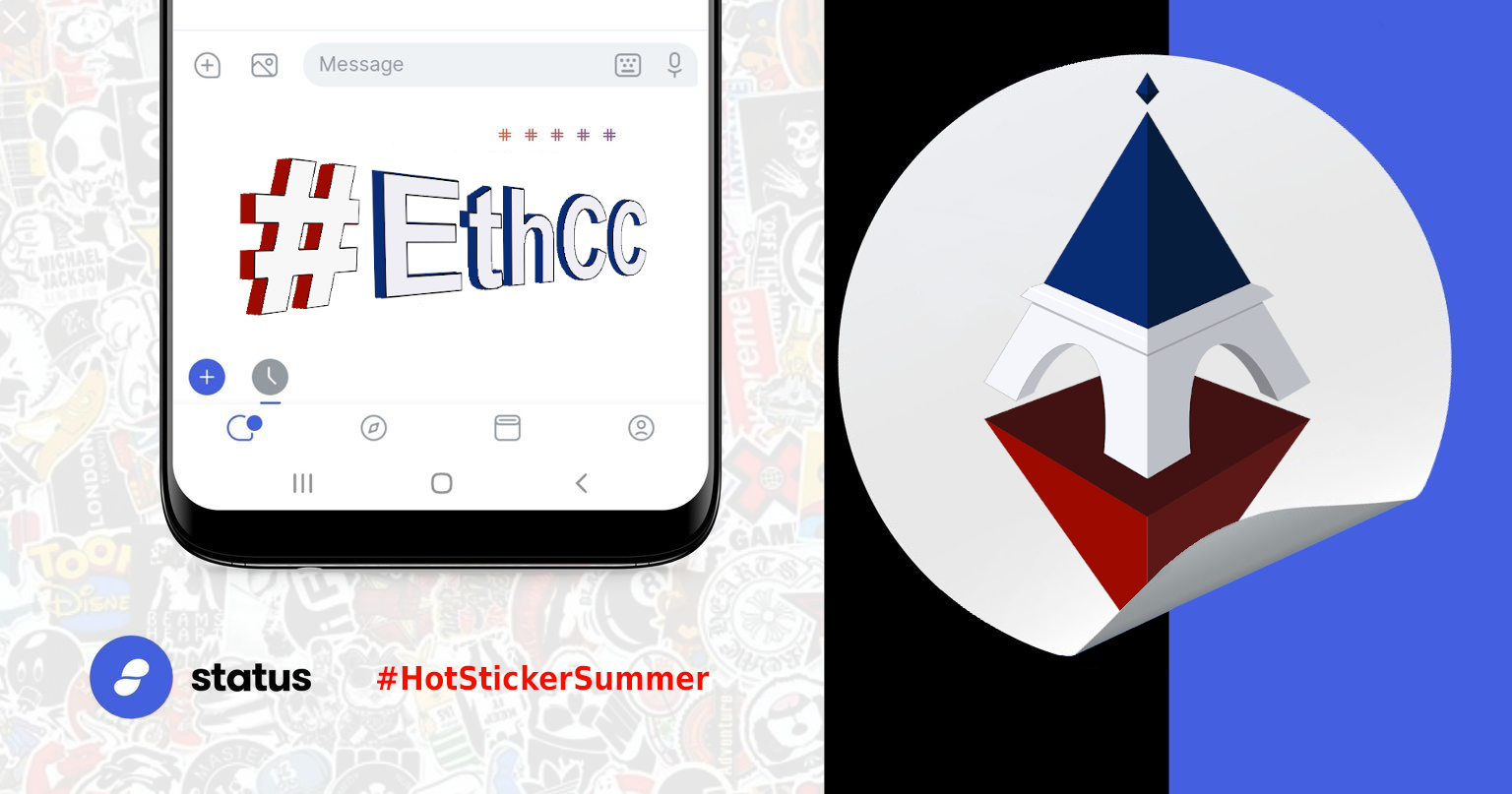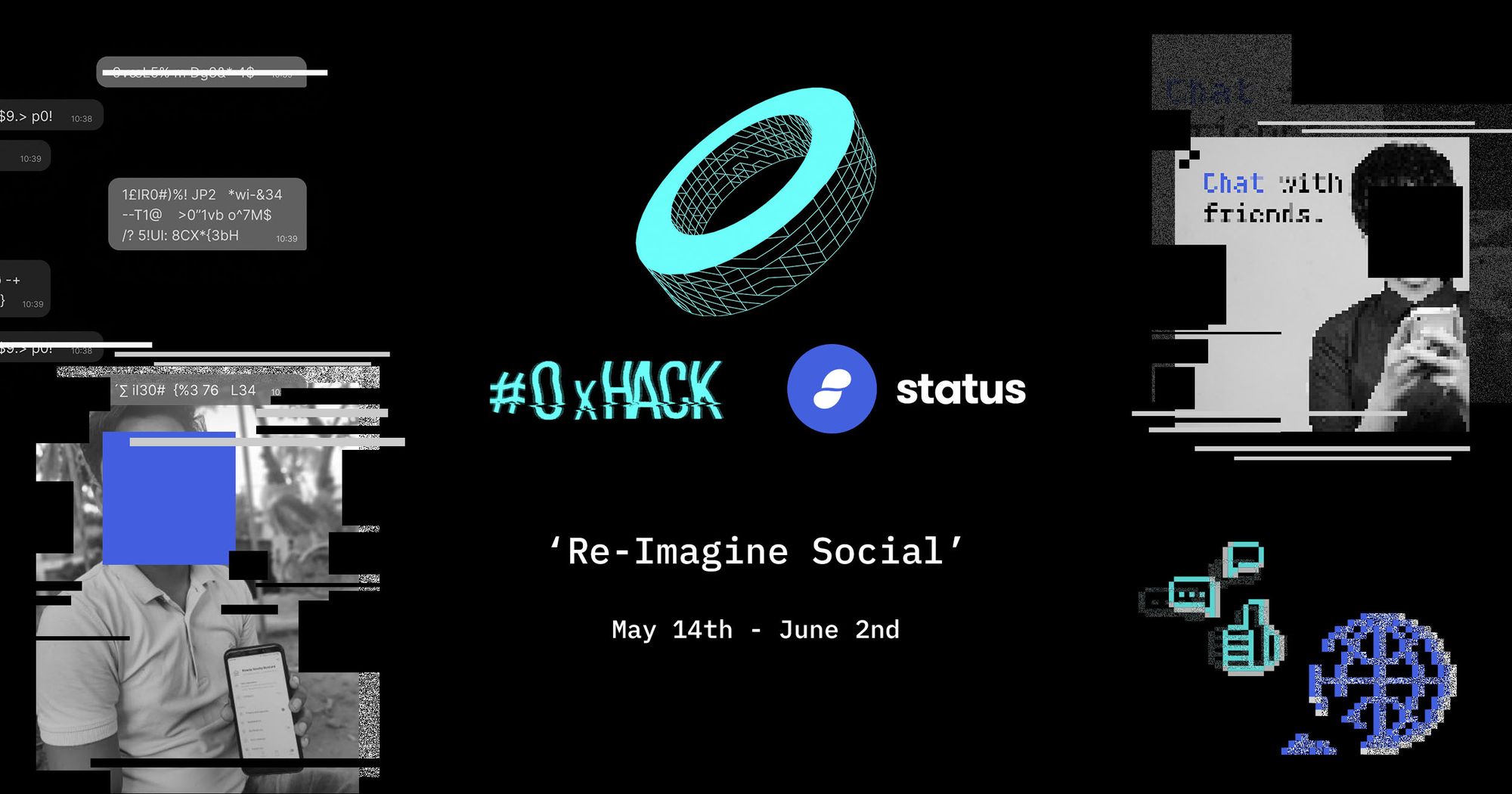Contact Light
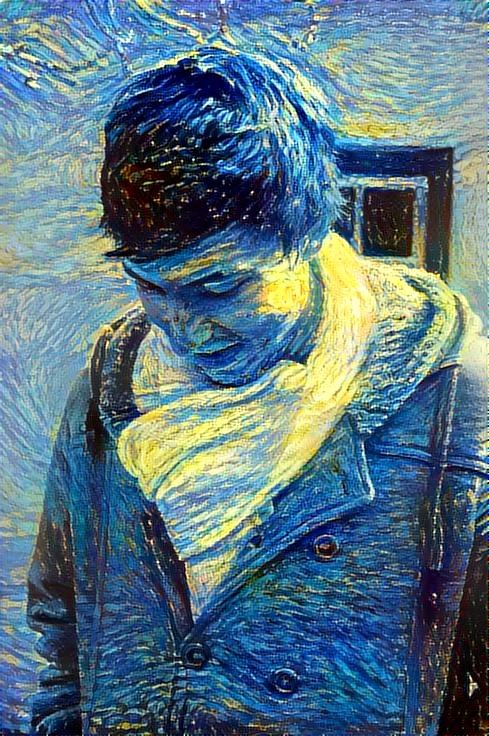

"Contact light" were the first words ever spoken from the surface of the moon, by Buzz Aldrin as he set foot on that alien surface on the 20th of July, 1969.
Language at its best is performance. Words with the power to persuade are speech acts of a special kind, because the cadence of sounds they contain - the internal rhythm they encode - performs what the words mean and it is this feedback loop which lies at the heart of how words come to mean at all.
After #CryptoLife and all the recent Principles Sessions we've held at Status, it's time to start thinking about a more succinct and pithy vision and mission statement for our open source community of people committed to building a better web.
Here is my suggestion. It's very short (for once). Status' mission should be:
We've asked "Who are we really building this for and why?" and it seems that quite a few people either want to build a tool (or toolset) for "everyone". Ethereum itself is meant to be a generalisable platform that can be used by anyone and everyone and - in this sense - we should mimic the ethos and architecture of the network on which we do most of our work.
I like this, but I think - from a practical perspective - that building for "everyone" is too nebulous a concept to be practically useful for the vision or mission statement of a subset of the more general community. In fact, the question itself reminds me of a John Donne poem, echoed by Ernest Hemingway, which I'll pick back up at the end:
Do not ask for whom the bell tolls.
It tolls for thee.
Some have also suggested that we're building tools for oppressed people who do not have the rights or ability to communicate, transact, and relate freely. Again, I like this, it is emotionally appealing, but I think that it is an intellectually dishonest position. It was the argument used by every well-intentioned missionary or colonialist and it is not something which I wish to repeat, because I believe that thinking like that leads us back to precisely the same paradigms we are trying to break from.
I come from one of the most unequal countries on Earth and think that actually instituting a peer-to-peer electronics payment system which is not owned by anyone, and can be accessed and used daily, will change fundamentally the way my society is organised. I therefore do what I do every day for myself and for the people I grew up and live with.
This may at first seem selfish and narrow. How are we going to improve the world, even a little bit, if we're just focussed on ourselves and what we need?
But the self is transpersonal, it is premised first in relationship and connectedness. "Umuntu ngumuntu ngabantu": a human being is only a human being through other human beings. As André Gide once argued; great art is a result of someone finding the general in their particular experience. Masterworks are made when we can find, express, and share what is universal in each of our unique and utterly different experiences of human being.
Building things for yourself, and celebrating the work you do on a daily basis is exactly how we can generate the kind of cultural memetics that Jarrad spoke about at our Town Hall in Prague. It's not forced, or artificial, or the result of personal power dynamics. Celebration - real celebration - is contagious, viral, chaotic, and deeply unpredictable.
It is also generalisable enough to allow for the need Ned identified, which is that our narrative, our vision, ought to be one in which everyone has the freedom to make and tell their own version. Setting your Status needs to be about the autonomous and creative acts of free individuals inspired by a shared set of principles.
Celebrating your work and how it connects could mean finding better solutions in People-Ops or Finance as to how we recruit people, get them working on projects, incentivise those projects and manage so many different characters, personalities, and human needs within the wider technological goal of celebrating valuable, direct and secure connection.
Or it could mean writing the actual language and linguistic protocols capable of organising distributed networks of computers in more efficient ways, and figuring out BLS signature aggregation or verifiable randomness in Nim; or figuring how we make Whisper usable and scalable and separate our own Clojure protocol from it; or how we make all of Status into extensions; or how we optimise how people can connect to and use Ethereum in Go.
Every person is connected in different ways, to different people. Every person experiences the connections in their lives differently. What is nevertheless universal in all this particularity is that we remain, always, connected.
Computers, networks, and the internet have - for many decades now - been making those connections all the more obvious, and stringing them out further and further all over the globe. The digital mycelial net cannot be stopped, it can only be danced with as we move our myths from carbon to silicon. Hopefully, we can sway with enough rhythm to fade gracefully into this medium we're using to distribute an old message in new ways.
"Look at that, you son of a bitch": global consciousness
Do not ask for whom that distributed bell tolls - it tolls for thee. And this is not narrow, or selfish when you understand that the self is both what we relate with and how we relate. It is both noun and verb, concept and process. I have two poems to prove this to you:
[...]
and there was a new voice
which you slowly
recognized as your own,
that kept you company
as you strode deeper and deeper
into the world,
determined to do
the only thing you could do--
determined to save
the only life you could save. – Mary Oliver
And this beautiful Shane Koyczan video, which I cannot recommend highly enough.
If we remember and celebrate the simple fact that we are all connected, and use this as the organising vision which can be implemented through close attention to our principles, then we don't need to ask "Who are we building this for and why?".
The why is already answered by the premise: because we are all connected. The who is anyone who is connected. And yes, this means "everyone", but it gets there by very different means and is practically realisable, because we don't need to know what everyone needs. We just need to build tools that will help us connect directly and securely and trust that this methodology will generate cultural software and social memetics strong enough to make ours into a movement worth memorialising.
